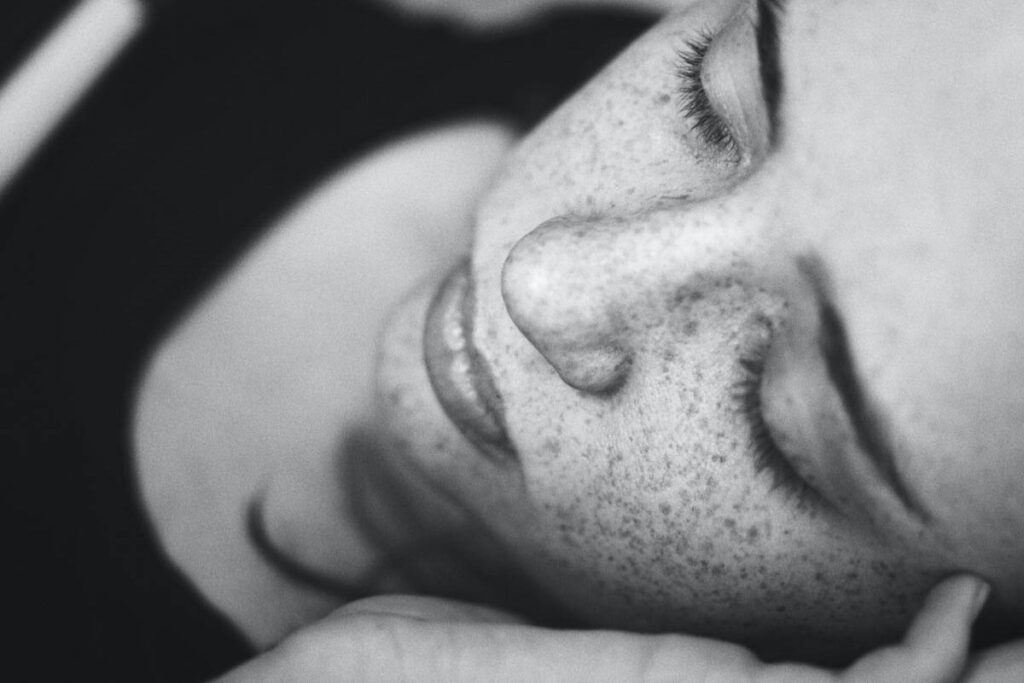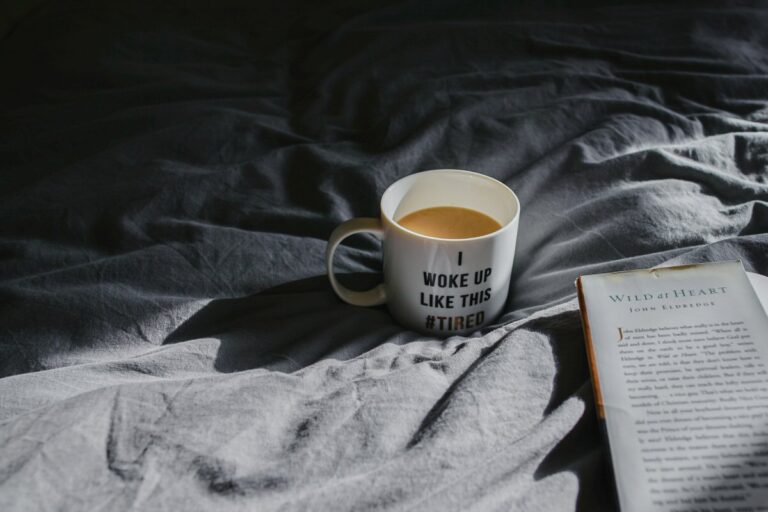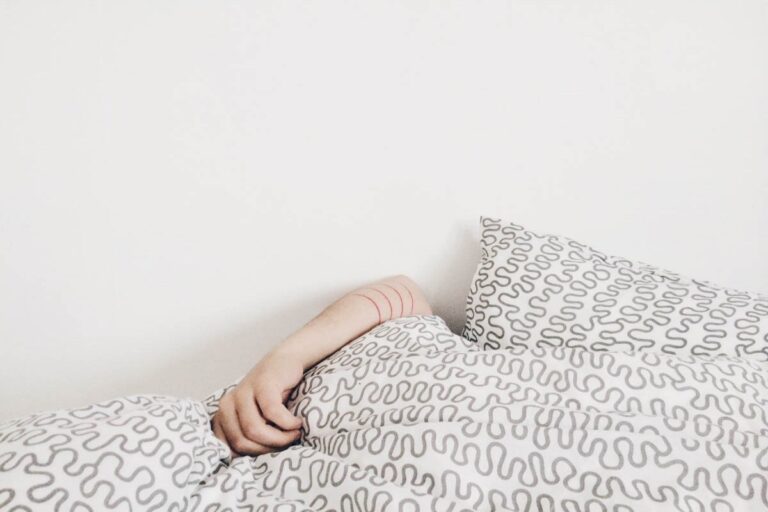Tiredness and Fatigue

Learn

An Overview of Sleep
The amount of sleep required by each person varies. On average, people sleep between 7-9 hours a night, depending on a variety of things. Some people can function well with only 5-6 hours of sleep a night, whereas others may need up to 10 hours. It’s important that you find your own level.

Why Do I Feel So Tired?
There may be aspects of your lifestyle that are contributing to your tiredness. You might be feeling that you don’t have enough time in your day, or you might have developed unhelpful habits. Certain lifestyle factors may be relevant to you.

What Could be Keeping You from Feeling Better?
Feeling low can affect your daily routine and behaviour, which in turn can lead to feeling even lower. A lack of energy or motivation can lead to you doing less, not completing your daily tasks and letting other people make decisions for you. You may notice that you become less and less active, don’t go out much, and neglect your favourite activities. This is the vicious cycle of low mood.
Self-Assess
Do you feel tired all the time?
Everyone feels tired from time to time, but for some people the tiredness never goes away and this stops them from getting on with their life. People can feel both physically and mentally “drained of energy”. Sometimes this is called ‘fatigue’, which is a feeling of extreme tiredness or exhaustion. Fatigue can occur for lots of different reasons, including not getting enough sleep, stress, diet, and other lifestyle factors. Sometimes there’s no obvious reason and unexplained tiredness is one of the most common reasons for people to see their GP.
Signs of being unusually tired can include:
- Difficulty getting out of bed in the morning
- Needing to nap
- Feeling unrefreshed after getting a good night’s sleep
- Difficulty managing your normal activities
If these signs look familiar to you and tiredness is affecting your normal work, social or leisure activities, it may help to find out more about tiredness and fatigue in the ‘Learn’ section above.
Manage

Sleepio
Sleepio is a 6 week online program designed by sleep experts and based on cognitive and behavioural techniques.

What Can I Do to Manage My Tiredness?
Sleep hygiene involves following a set of rules that will help you get a good night’s sleep. This usually involves having a wind-down routine, making your bedroom sleep-friendly and sleeping at regular times. Get more tips on getting better sleep here.

Tips on Managing Change in Our Lives
We all have to cope and manage with change in our lives for lots of reasons. Here are some tips and thoughts on navigating through a period of change.

Computerised Cognitive Behavioural Therapy
Cognitive Behavioural Therapy – CBT – is a psychological therapy based on the relationships between what we think, what we do and how we feel. CBT teaches you how to recognise and tackle problems in the here and now, rather than in the past.
Support
Need more help?
If your tiredness doesn’t go away it’s important to see your GP to rule out medical causes. Your GP may suggest a referral to an NHS Lothian service that helps people affected by extreme tiredness and fatigue. This is called the ME/CFS rehabilitation service.
ME stands for myalgic encephalomyelitis, otherwise known as Chronic Fatigue Syndrome (CFS). This is a long-term condition with a wide range of symptoms. The most common is extreme tiredness. There’s more information on ME/CFS here.













